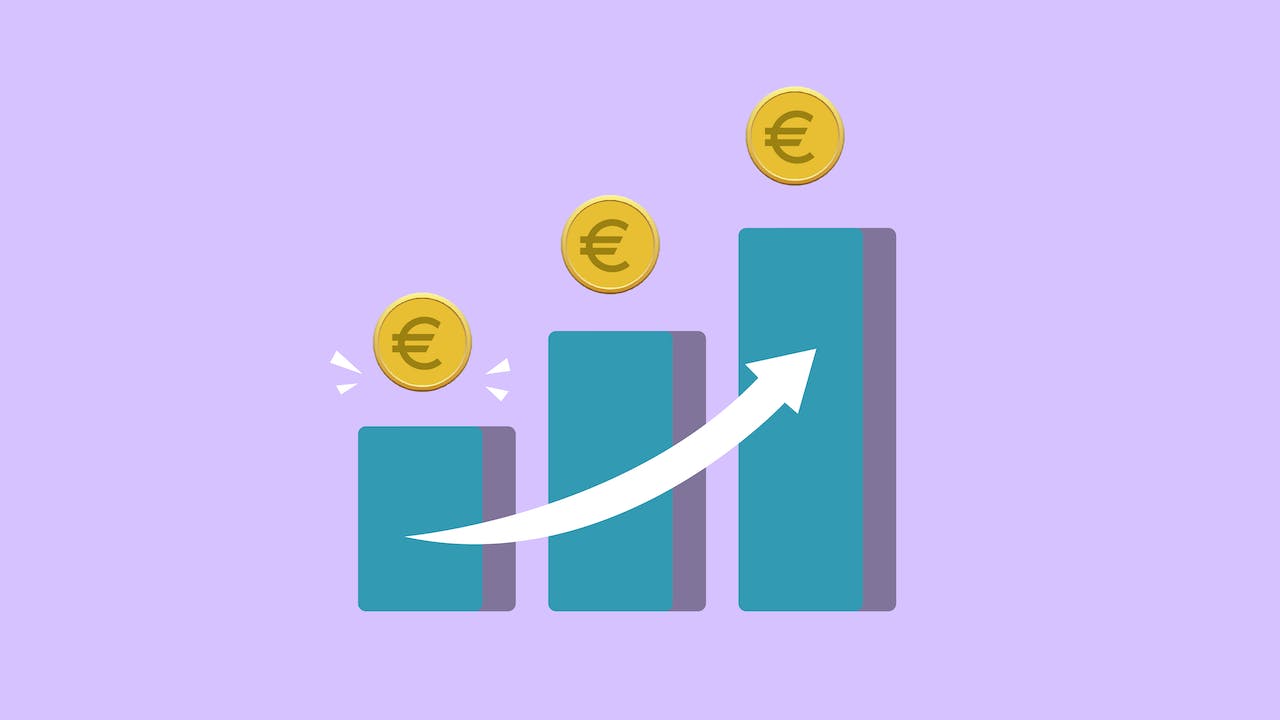Emotional Intelligence: The Key to Selling

By Rachel Powers
Buyers rarely purchase purely because the product you are selling is what they need. It is about the connection that you make with them and the trust you build during your sales conversations.
This is why having a high EQ is critical to the role of a salesperson. Oxford dictionary’s definition of emotional intelligence is the ability to understand your emotions and those of other people and to behave appropriately in different situations. A buyer wants to feel that you understand what they are going through; their pain points, and that they can rely on you to help them address it.
You know you have had a successful interaction when:
- The conversation stays positive.
- You are practicing active listening with the prospect.
- You’re able to show empathy for their current situation.
- You set expectations for how you and the solution you are selling can help them with their problem.
- You understand their desired outcomes if they were to move forward with buying.
Having a high level of emotional intelligence allows a salesperson to not only be aware of the prospect’s needs and situation, but to also be aware of their own emotions, impulse responses, and external environments that impact how they approach a conversation with a prospect.
In any deal, the salesperson is motivated by their own quota and personal goals to close the deal; however, those with higher EQs are more successful because they can recognise when they need to show empathy and understanding for the prospect they are talking to before focusing head on to their own desired outcomes.
In a study that Adobe did with almost 6,000 consumers in EMEA, they found 71% said brands should demonstrate empathy by seeing things from their perspective, acknowledging their frustrations, and understanding what is important to them.


